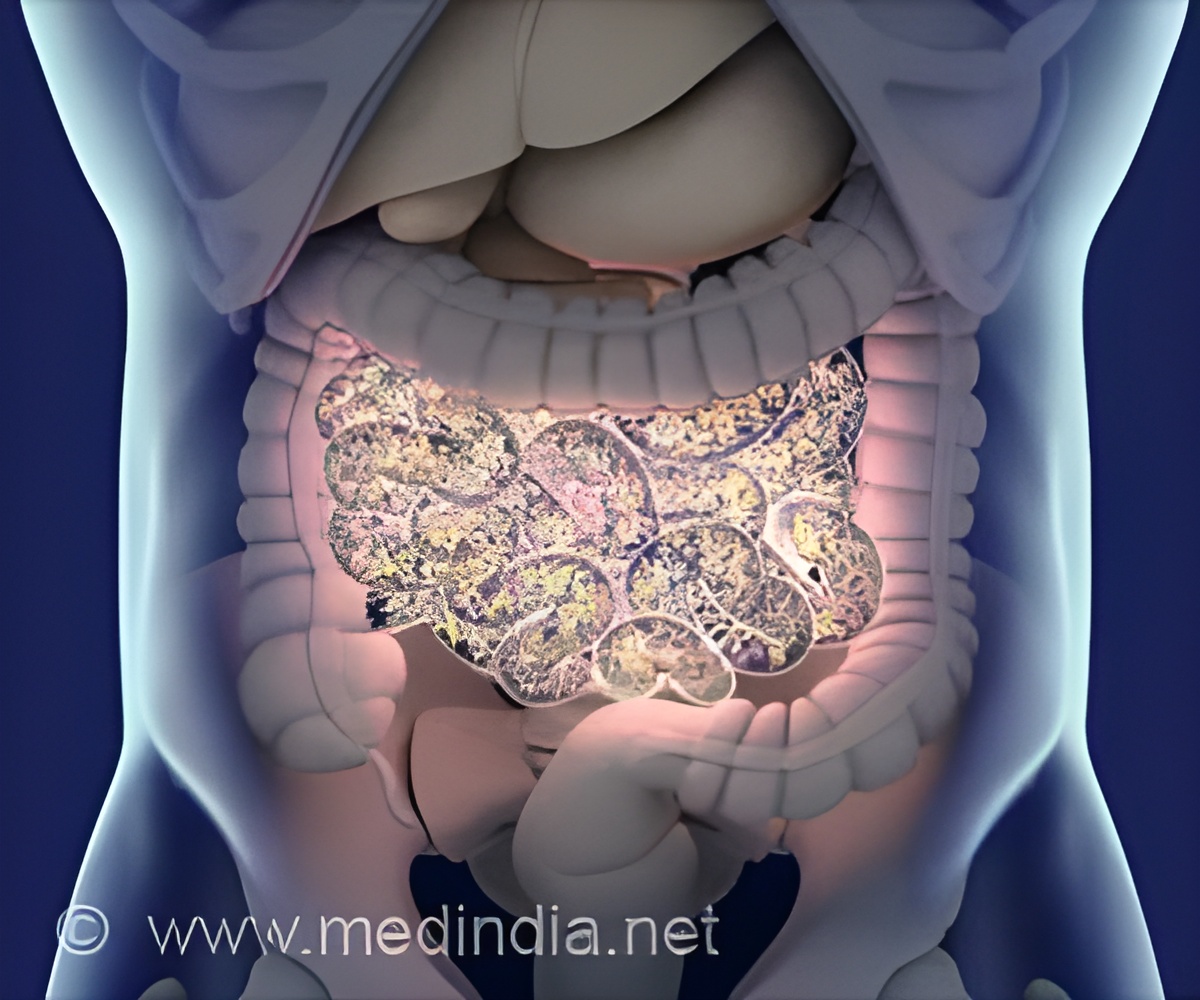
‘By modulating the gut microbiota we could modulate T cell activation and changes in the heart that lead to heart failure.’
Tweet it Now
"Our lab studies how the gut talks to the heart through T cells," said Francisco J. Carrillo-Salinas, PhD, a postdoctoral scholar at Tufts University who conducted the research. "Given that the gut is the body's largest reservoir of T cells and microbes, by modulating the microbiota we could modulate T cell activation and changes in the heart that lead to heart failure." Carrillo-Salinas will present the research at the American Society for Investigative Pathology annual meeting during the 2018 Experimental Biology meeting, held April 21-25 in San Diego. Heart failure is a condition in which the heart cannot pump enough blood to meet the body's needs. Nearly 6 million Americans have heart failure, and about half of people diagnosed with heart failure die within five years.
Carrillo-Salinas' group has previously shown that T cells infiltrate the heart in patients with heart failure. Inflammation, which is a consequence of the immune response, also is known to play important roles in heart disease.
Other research has suggested disruption of the gut microbiota can affect cardiovascular health. The gut microbiota can be altered by dietary changes or the use of antibiotics.
To decipher how changes in the gut microbiota affect T cell activity in the heart, the researchers examined markers of cardiovascular functioning and proteins relevant to immune activity in four groups of mice. Half of the mice received a cocktail of broad-spectrum antibiotics for five weeks that completely depleted bacteria from the gut. Half of those receiving the antibiotics and half of those not receiving the antibiotics also underwent a procedure to modify the aorta in a way that mimics the effects of heart failure in humans.
Advertisement
"Because complete sterilization of the gut has proven to ameliorate some experimental models of T cell mediated diseases, our results were in agreement with our initial hypothesis," said Carrillo-Salinas. "The fact that we see fully preserved heart function is surprising, and I am looking forward to exciting new data on what happens in the heart once different bacteria recolonize the gut."
Advertisement
"Understanding how the gut microbiota directly regulates the function of distant organs such as the heart will shed new light into potential new therapeutic approaches in patients recently diagnosed with heart failure to prevent progression," said Carrillo-Salinas. "Our results demonstrate that gut microbiota depletion prevents cardiac dysfunction and set the stage for future studies that will determine which components of the microbiota are responsible for heart failure progression."
Source-Eurekalert














